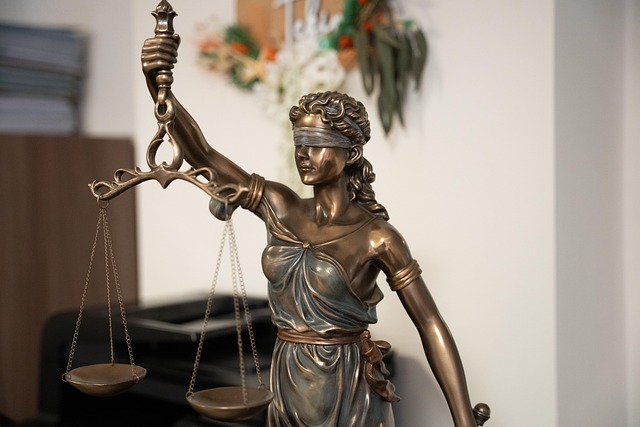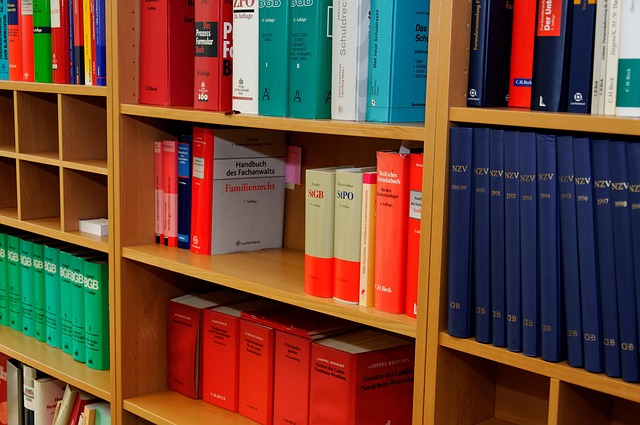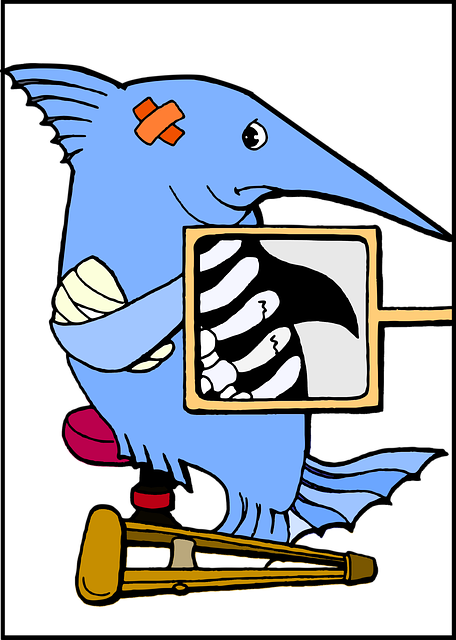Maximizing Wrongful Death Survivor Benefits: Calculation Strategies for Claims

Wrongful death survivor benefits are vital in supporting families affected by the loss of a loved on…….
In the wake of tragic events leading to a loved one’s untimely demise, families often find themselves navigating complex legal and emotional landscapes. Among the various challenges they face, pursuing justice through wrongful death claims stands as a pivotal step in their journey towards healing and closure. “Wrongful death survivors” refers to individuals or families who have suffered an immense loss due to someone else’s negligence or intentional act, resulting in a death that should have been preventable. This comprehensive article delves into the multifaceted world of wrongful death survivors, exploring its definition, global impact, economic implications, technological advancements, regulatory frameworks, challenges, case studies, and future prospects. By the end, readers will gain a profound understanding of this critical issue and its far-reaching consequences.
Wrongful death is a legal term referring to an unjust or unlawful killing caused by the negligence, recklessness, or intentional actions of another person or entity. When such an incident occurs, the victims’ survivors—including family members and loved ones—may have legal recourse to seek compensation and justice. Wrongful death survivors are individuals who directly bear the emotional, psychological, and financial brunt of this tragedy.
The concept of wrongful death law has evolved over centuries, reflecting societal values and legal principles. Early common law systems lacked explicit provisions for wrongful death remedies, relying instead on survival statutes that preserved the deceased’s causes of action. However, as societies became more industrialized and urbanized, recognizing the unique suffering of survivors became a pressing issue.
In the United States, the modern wrongful death movement gained momentum in the late 19th century, with landmark cases like Palsgraf v. Long Island Railroad Co. (1928) shaping the legal framework. Many countries worldwide have since enacted statutes specifically addressing wrongful deaths, reflecting a broader understanding of the profound impact such losses can have on survivors.
Wrongful death survivor claims operate within diverse legal frameworks worldwide, reflecting cultural, economic, and political differences. While some nations have robust systems in place, others struggle with inconsistent application and enforcement. Here’s a glimpse into regional variations:
| Region | Legal Framework | Trending Issues |
|---|---|---|
| North America | Strong wrongful death laws in the US and Canada, influenced by common law traditions. | Increasing complexity due to medical malpractice and pharmaceutical liability cases. |
| Europe | Diverse approaches across EU member states, with some countries having comprehensive legislation. | Rising claims related to product liability and consumer protection. |
| Asia Pacific | Varied legal systems, with Japan and South Korea leading in wrongful death litigation. | Growing awareness of rights, particularly in urban centers. |
| Middle East | Influenced by Islamic law, with varying interpretations of compensation for non-intentional deaths. | Increasing industrial accidents driving claims in oil-rich nations. |
| Latin America | Mixed legacy, with some countries adopting common law while others maintain civil law systems. | Rising awareness of survivors’ rights, coupled with challenges in proof and documentation. |
Wrongful death survivor claims have profound economic implications, influencing various sectors within an economy. Here’s a breakdown of key aspects:
Technology plays a pivotal role in modern wrongful death litigation, revolutionizing case preparation, evidence presentation, and outcome prediction. Here’s how:
Wrongful death survivor claims are governed by intricate legal frameworks that vary across jurisdictions. Governments and legal bodies play a critical role in shaping these regulations, ensuring fairness and justice for all parties involved.
Despite significant progress in wrongful death litigation, several challenges and criticisms persist, demanding attention from legal professionals, policymakers, and survivors themselves.
In a landmark case, O’Connor v. McDonald’s Corp., a woman suffered severe burns after spilling hot coffee in her lap. Despite the defendant’s arguments that the coffee was within industry standards and the customer was partly responsible, the court ruled in favor of the plaintiff, setting a precedent for product liability cases. This case highlighted the importance of consumer safety and the role of wrongful death survivors in holding businesses accountable for their products.
Lessons Learned:
A Japanese woman won a substantial judgment against a hospital for medical negligence, marking a significant victory for wrongful death survivors in the country. The case involved a misdiagnosis that led to delayed treatment and the patient’s eventual death. The court ruled that the hospital failed to provide appropriate care, setting a new standard for medical malpractice compensation in Japan.
Key Takeaways:
In a complex wrongful death case involving a car accident, digital evidence played a pivotal role in establishing causation. The plaintiff’s attorney used data from the vehicle’s onboard computer to demonstrate that the defendant had been texting while driving, leading to a verdict in favor of the survivor family. This case showcased the power of technology in modern litigation and its potential to deliver justice.
Implications:
The landscape of wrongful death survivor claims is constantly evolving, shaped by technological breakthroughs, shifting societal values, and changing legal precedents. Here’s a glimpse into potential future directions:
Wrongful death survivors represent a critical segment of our society, grappling with unimaginable loss while seeking justice and compensation. This comprehensive article has explored the multifaceted nature of wrongful death survivor claims, from their legal definition to economic implications, technological advancements, regulatory frameworks, challenges, case studies, and future prospects.
As we look towards the future, it’s evident that wrongful death litigation will continue to evolve, shaped by technological innovations, shifting societal norms, and a growing global awareness of survivors’ rights. By addressing the challenges and capitalizing on emerging trends, legal professionals, policymakers, and survivors can navigate this complex landscape more effectively, ensuring that justice is served and families receive the support they need during difficult times.
Through education, collaboration, and the strategic adoption of new technologies, we can create a more equitable and just system for wrongful death survivor claims, providing solace and security to those who have lost loved ones due to negligence or misconduct.

Wrongful death survivor benefits are vital in supporting families affected by the loss of a loved on…….

Wrongful death survivors face a double whammy of profound grief and complex financial challenges, in…….

Wrongful death survivors face an emotionally challenging journey filled with legal complexities afte…….

Wrongful death survivors can seek legal redress through civil lawsuits, aiming to compensate familie…….

Wrongful death profoundly impacts survivors, presenting complex challenges that extend beyond emotio…….

Wrongful death survivors face a complex legal journey after loss. Specialized law firms offer vital…….

Wrongful death survivors face an emotional journey filled with shock, grief, and anger as they seek…….